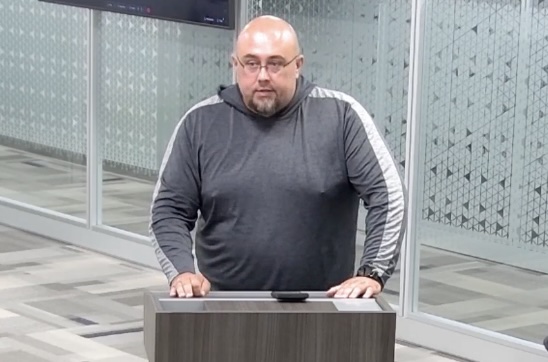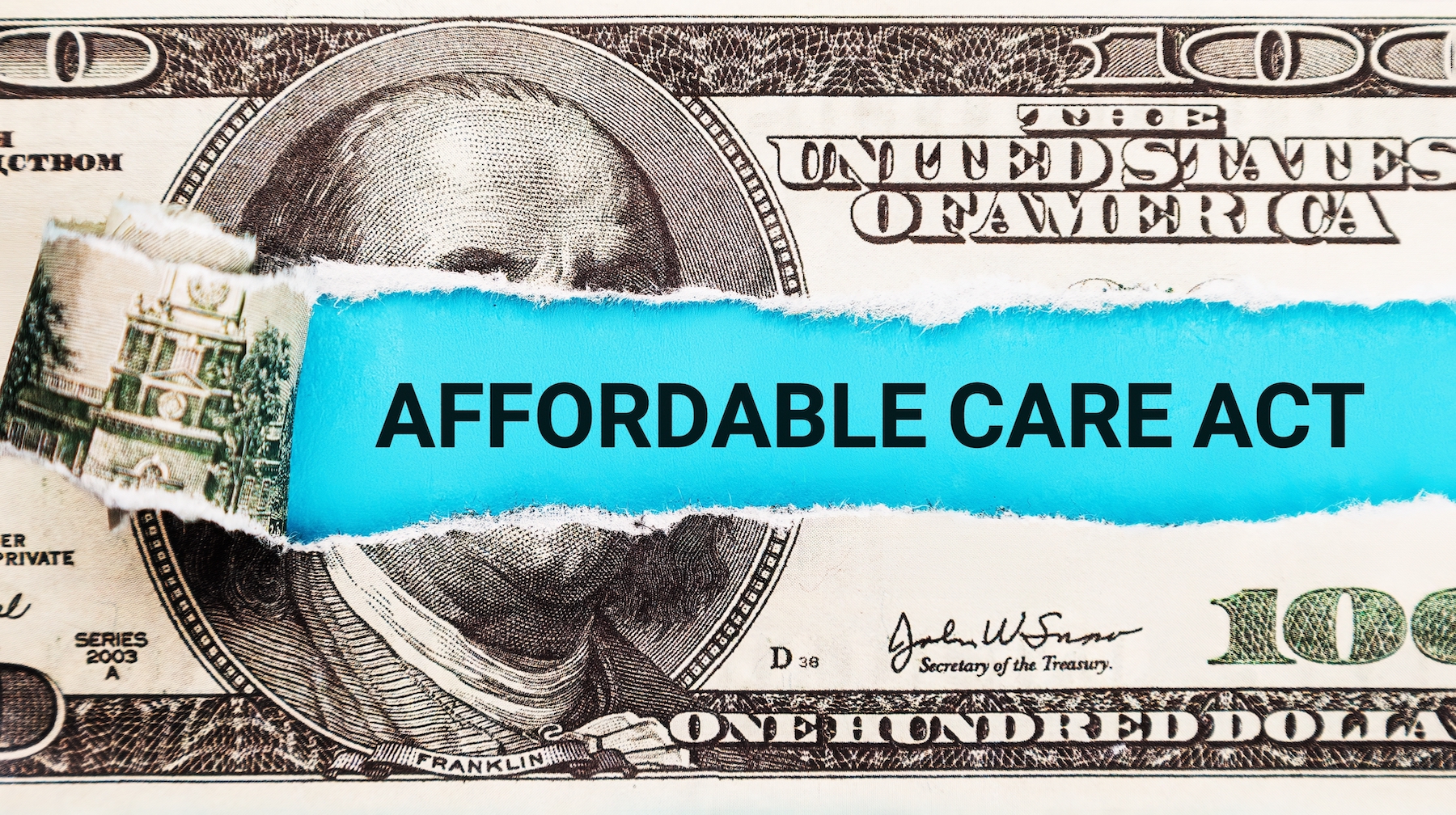UPDATE: The vote on the rules for the reconciliation bill debate passed 224-206 (roll call). The final vote on the Senate bill will be late tonight.
FINAL UPDATE: The House approved the Senate bill 219-212, with no Republicans voting in favor and 34 Democrats voting against (roll call). It’s clear House leaders did not have the votes without the Stupak bloc.
VERY FINAL UPDATE: Two more roll calls: a Republican-backed poison pill that would have inserted the president’s executive order language on the Hyde amendment into the reconciliation fixes failed 232-199. Then the House passed the reconciliation fixes to the Senate bill by a vote of 220-211.
The House of Representatives began debating the health insurance reform legislation on Sunday afternoon. Speaker Nancy Pelosi is using the gavel Representative John Dingell’s father used the day the House approved Medicare in 1965. I will update this post as votes are taken on the reconciliation package and later on the Senate’s bill.
Some kind of new deal appears to have been struck with Bart Stupak and his group of anti-abortion Democrats. Link to follow later when more details become available. I assume this means House leaders didn’t have 216 votes without the Stupak bloc, which is how the whip counts have been looking. (UPDATE: The president agreed to issue this executive order affirming that the health insurance reform bill “maintains current Hyde Amendment restrictions governing abortion policy and extends those restrictions to the newly-created health insurance exchanges.” The executive order allows Stupak and his bloc to vote for the bill without the appearance of caving.)
Republicans are making fools out of themselves warning about the death of liberty and the “government takeover.” Gubernatorial candidate Rod Roberts has filed amendments to two Iowa House bills seeking to “challenge the constitutionality of President Obama’s plan to nationalize the health care industry.” He also says that as governor he would sue the federal government, claiming that health insurance reform violates the 10th Amendment to the U.S. Constitution. Roberts is copying a Bob Vander Plaats campaign promise here, which supports my view that Roberts’ main function in the governor’s race is to undermine Vander Plaats in the GOP primary.
Meanwhile, Democrats are making fools of themselves claiming that passing a Republican plan from 1993 is something to cheer about. We should be ashamed that corporate interest groups got everything they wanted in this bill, to the extent that the lobbying arm of the pharmaceutical industry is running ads supporting the bill. We should be outraged by all of President Obama’s broken promises on health care reform and the fact that he lied about supporting a public health insurance option after secretly agreeing to leave that out of the bill.
I don’t know whether better health care reform was achievable. Certainly Big Tent Democrat is right that progressives botched the negotiating process (see also here), but once the president decided not to do anything that angered corporate groups, we were probably stuck with what we’re getting. Some people will benefit from subsidized insurance and new primary health care clinics, but other people will be forced to downgrade their coverage, and there will be no new competition for the insurance companies that have near-monopolies in most of the country. I doubt this reform will reduce insurance company abuses, and I doubt it will save tens of thousands of lives a year, and I doubt future Congresses with (at best) smaller Democratic majorities will improve it in any meaningful way, but let’s hope I am wrong.
Failing to pass the bill might have hurt Democrats more in the short term, but I think over-promising the benefits will hurt us badly later. When Americans continue to face medical bankruptcies, and some insured people continue to find medical care unaffordable, and “wellness incentives” become the new method of discriminating against people with pre-existing conditions, Democrats will be blamed.
Listing the alleged “progressive victories” in this bill is just an exercise in self-delusion. This bill was written for the benefit of corporate groups. Many provisions that would have been in the public interest have been left out. It’s a disgrace that large Democratic majorities produced this reform, and it’s one reason the Democratic National Committee, the Democratic Congressional Campaign Committee and the Democratic Senatorial Campaign Committee will get no money from me for the forseeable future.
You can claim the bill is a slight improvement on the status quo, but calling it “progressive” or a sign of interest groups in decline is an insult to everyone’s intelligence. Not as stupid as calling it a “government takeover,” but almost as deceptive.
Share your own thoughts in this thread, whether or not you feel like celebrating today’s “historic victory.”
UPDATE: Republican strategist David Frum argues that the GOP made a huge mistake by refusing to make a deal with Obama on health care reform:
Barack Obama badly wanted Republican votes for his plan. Could we have leveraged his desire to align the plan more closely with conservative views? To finance it without redistributive taxes on productive enterprise – without weighing so heavily on small business – without expanding Medicaid? Too late now. They are all the law.
No illusions please: This bill will not be repealed. […]
We followed the most radical voices in the party and the movement, and they led us to abject and irreversible defeat.
There were leaders who knew better, who would have liked to deal. But they were trapped. Conservative talkers on Fox and talk radio had whipped the Republican voting base into such a frenzy that deal-making was rendered impossible. How do you negotiate with somebody who wants to murder your grandmother? Or – more exactly – with somebody whom your voters have been persuaded to believe wants to murder their grandmother?
I’ve been on a soapbox for months now about the harm that our overheated talk is doing to us. Yes it mobilizes supporters – but by mobilizing them with hysterical accusations and pseudo-information, overheated talk has made it impossible for representatives to represent and elected leaders to lead.
Continue Reading...




